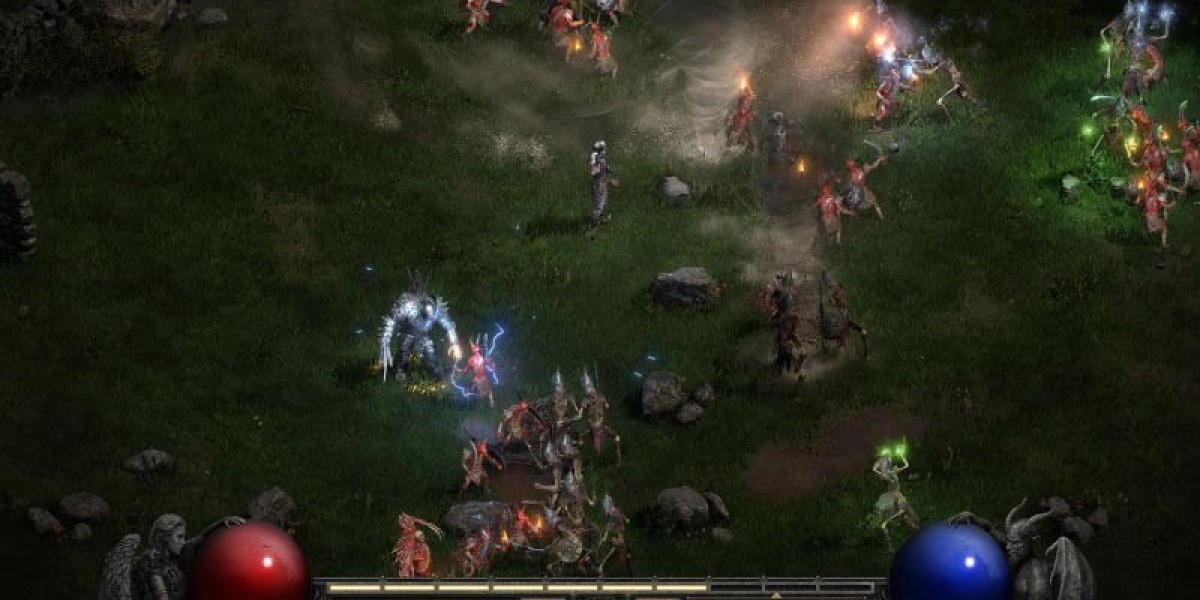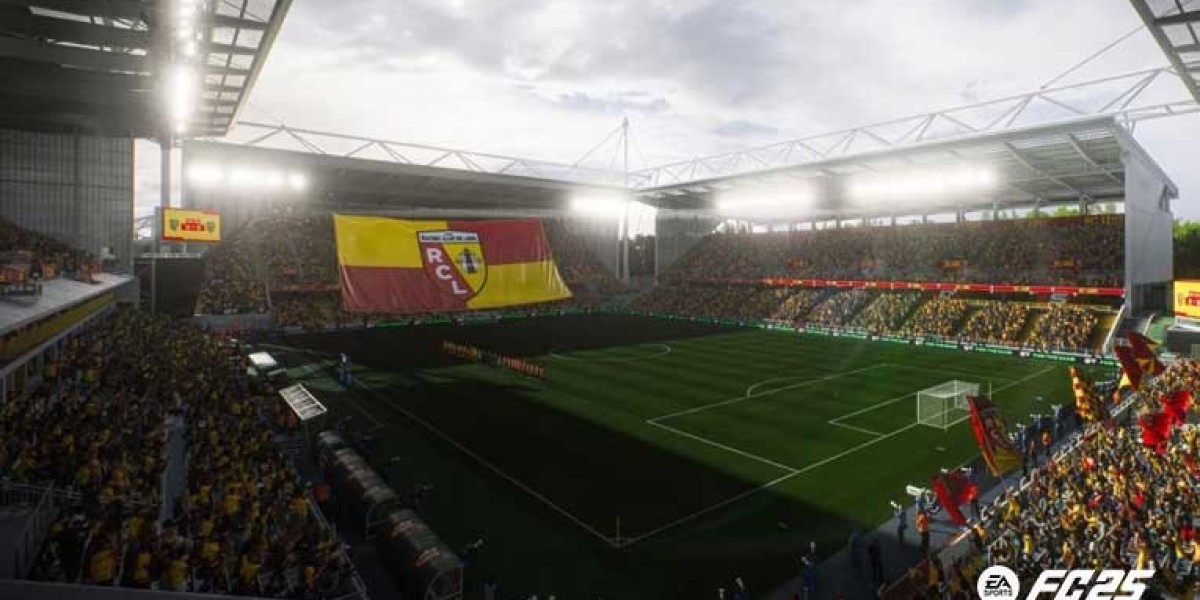Los Angeles, often referred to as L.A., is one of the most iconic cities in the world. Known for its glitz, glamour, and cultural diversity, it is a city where dreams are pursued, creativity thrives, and innovation shapes the future. As the second-largest city in the United States, Los Angeles is home to Hollywood, stunning beaches, a booming economy, and a melting pot of cultures that make it one of the most unique metropolitan areas globally.
This article explores the history, culture, economy, lifestyle, and attractions that define Los Angeles.
A Brief History of Los Angeles
Los Angeles was founded in 1781 by Spanish settlers as El Pueblo de Nuestra Señora la Reina de los Ángeles (The Town of Our Lady the Queen of Angels). Over the centuries, it transformed from a small Spanish settlement into a booming metropolis.
Key historical moments:
- 1848 – Became part of the United States after the Mexican-American War
- 1876 – Arrival of the railroad boosted economic growth
- 1920s – Hollywood emerged as the entertainment capital of the world
- 1932 & 1984 – Hosted the Summer Olympics, with another set for 2028
- 1990s–Present – Growth in technology, entertainment, and global trade
Today, Los Angeles is a global leader in entertainment, technology, business, and culture, attracting millions of visitors and residents alike.
Culture and Diversity in Los Angeles
Los Angeles is one of the most diverse cities in the world, with over 140 nationalities and 200 languages spoken. It is home to vibrant ethnic neighborhoods, including:
- Little Tokyo – A hub of Japanese culture and cuisine
- Koreatown – Known for its nightlife, Korean BBQ, and historic landmarks
- Chinatown – A historic district with temples, shops, and authentic Chinese food
- Olvera Street – The birthplace of L.A., celebrating Mexican heritage
- Thai Town, Filipinotown, and Persian Square – Showcasing global cultures
L.A.’s rich diversity is also reflected in its festivals, from the Golden Dragon Parade in Chinatown to the L.A. Pride Festival and Día de los Muertos celebrations.
Hollywood: The Entertainment Capital of the World
No discussion of Los Angeles is complete without mentioning Hollywood, the world’s leading entertainment hub.
Key attractions include:
- Hollywood Walk of Fame – Honoring legendary actors, musicians, and directors
- Universal Studios Hollywood – A world-famous film studio and theme park
- TCL Chinese Theatre – Home to Hollywood’s most famous movie premieres
- Dolby Theatre – The venue for the Academy Awards (Oscars)
Beyond film and television, Los Angeles is also a major player in music, fashion, and digital content creation, with influencers and content studios shaping trends worldwide.
The Economy of Los Angeles
Los Angeles has a diverse and thriving economy, with key industries including:
1. Entertainment and Media
- Home to major film studios like Warner Bros., Paramount, and Disney
- Hosts Netflix, Hulu, and major streaming platforms driving the digital revolution
2. Technology and Innovation
- Silicon Beach (Venice, Santa Monica) is a growing tech hub with companies like Snapchat, SpaceX, and Google
- Aerospace and biotechnology sectors contribute to innovation and job growth
3. Trade and Business
- The Port of Los Angeles is the largest in the U.S., a gateway for global trade
- Downtown L.A. serves as a business and financial center, attracting international investors
4. Tourism and Hospitality
- Los Angeles attracts over 50 million visitors annually, boosting hotels, restaurants, and attractions
Lifestyle and Quality of Life
1. Weather and Outdoor Activities
Los Angeles enjoys a Mediterranean climate, with mild winters and sunny summers. Residents and tourists take advantage of:
- Beaches – Santa Monica, Venice Beach, and Malibu offer scenic coastlines
- Hiking Trails – Griffith Park, Runyon Canyon, and the Hollywood Hills provide breathtaking views
- Sports – Home to the Lakers, Dodgers, Rams, and Clippers, L.A. is a sports powerhouse
2. Food Scene
Los Angeles is a food lover’s paradise, offering everything from street tacos to Michelin-starred dining. Popular food highlights include:
- Authentic Mexican cuisine (from taco trucks to high-end Mexican restaurants)
- Asian fusion (Korean BBQ, sushi, Thai, and dim sum)
- Farm-to-table organic restaurants reflecting California’s health-conscious culture
3. Art and Museums
L.A. is a cultural epicenter, featuring world-class museums such as:
- The Getty Center – Home to priceless European art collections
- LACMA (Los Angeles County Museum of Art) – The largest art museum in the West
- The Broad Museum – Showcasing contemporary and modern art
Challenges Facing Los Angeles
While Los Angeles is a city of opportunity, it faces several challenges, including:
1. Traffic and Transportation
- L.A. is notorious for heavy traffic congestion
- The Metro system is expanding, but car dependency remains high
2. Cost of Living
- Housing prices and rent are among the highest in the U.S.
- Efforts are being made to address affordable housing shortages
3. Homelessness Crisis
- L.A. has a significant homeless population, with ongoing efforts for housing and support services
Despite these challenges, Los Angeles continues to thrive and evolve, attracting new residents and businesses every year.
Conclusion
Los Angeles is a city of endless possibilities, where people from all walks of life come to pursue their dreams. Whether you are drawn to its entertainment industry, cultural diversity, booming economy, or stunning natural landscapes, L.A. remains a global powerhouse and a symbol of ambition, creativity, and innovation.







